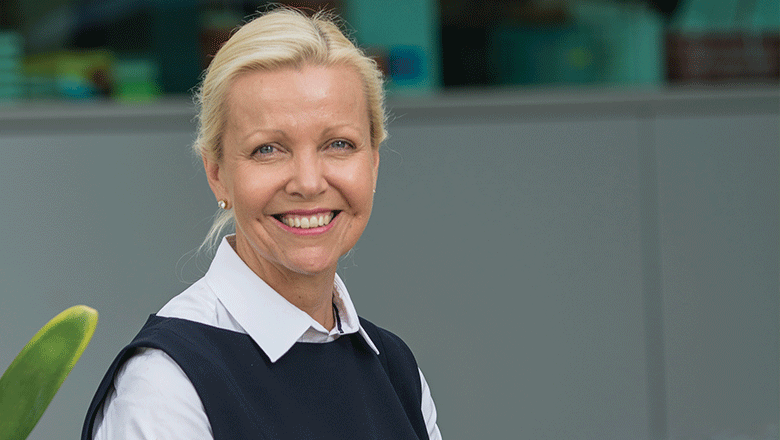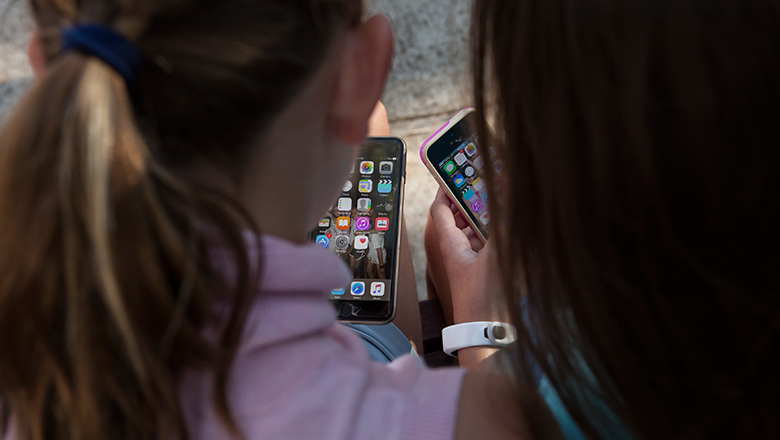
Few fields of study are evolving with the speed of Professor Donna Cross’ innovative research, which aims to protect children from the harmful effects of online bullying.
“The advantage of our research is that we have a reference group of young people who constantly update me as new social networking sites and other sites appear online,” she said.
“We’ve conducted many studies with more than 30,000 children and as we’ve looked at the ways young people are treating each other, we’ve had to evolve. When it comes to bullying, the most humiliation and harm to the target comes from posting negative images or footage of them. This behaviour has become quite common since mobile phones included cameras.”
The most recent cyber bullying intervention research conducted by Professor Cross’ team is the Cyber Savvy project, which focuses on reducing harm from “sexting” or the posting of sexually explicit content using a mobile phone.
“Clearly children are putting themselves at great risk by sending nude or semi-nude photographs of themselves, but there’s enormous peer pressure to do so,” Professor Cross said.
“We’ve previously worked with schools and families to educate young people about how to use their phone safely but we’ve also seen the need for an in the moment intervention for children when they are in the process of sending an image of themselves, but are not thinking about the consequences.”
With the assistance of 70 teenagers who participated in a two-day summit, the team developed the Image Up app for mobile phones. The app stores a photo for 10 seconds while humorous and educative messages are delivered, encouraging the young person to reconsider sending explicit or illegal images.
The media provided on the app can also be quickly downloaded and sent as instant alternatives to the photo, helping the child to save face when responding to a request for a “nudie.”
“More than 30 messages cycle through the app so the children see different content developed by young people and momentarily pause to reflect on their actions each time they send an image,” Professor Cross said.
“The young people in our reference group told us these messages have to be funny, relevant and available in the moment on the phone to positively influence young people’s decision making. The media content also includes reminders that it’s illegal to possess, transmit or store nude photos of a person aged under 16.”
The Cyber Savvy program, Image Up app and educational resources are being tested in approximately 20 schools in the Perth metropolitan area targeting 12 and 13 year old students.
“We want to empower children to prevent a harmful activity rather than only helping them to deal with it once it’s happened,” Professor Cross says. “It’s devastating to see a girl drop out of school because everybody’s seen her nude photo. Our years of research have given us reason to believe these interventions can help change the online behaviour of young people.”

